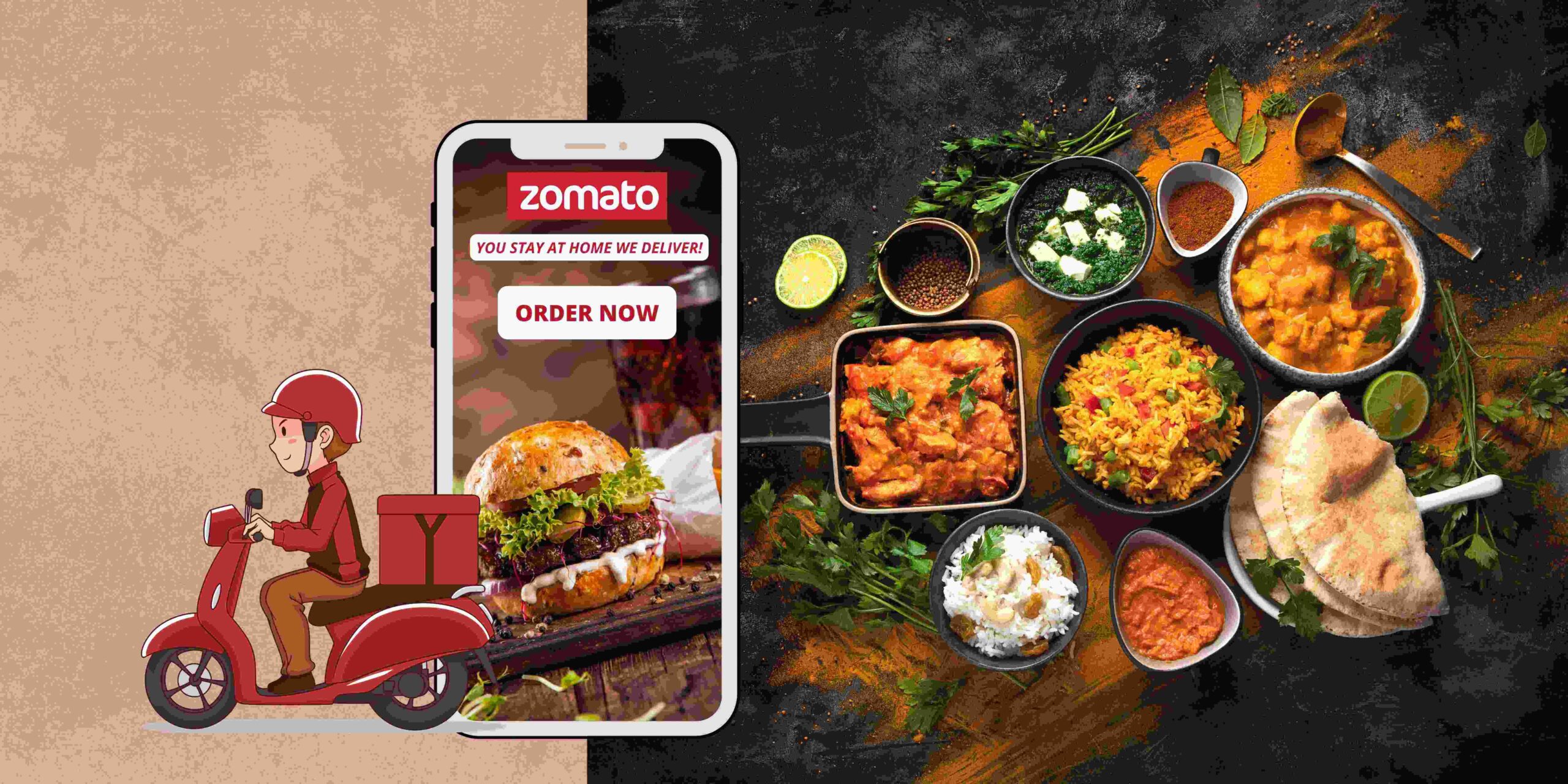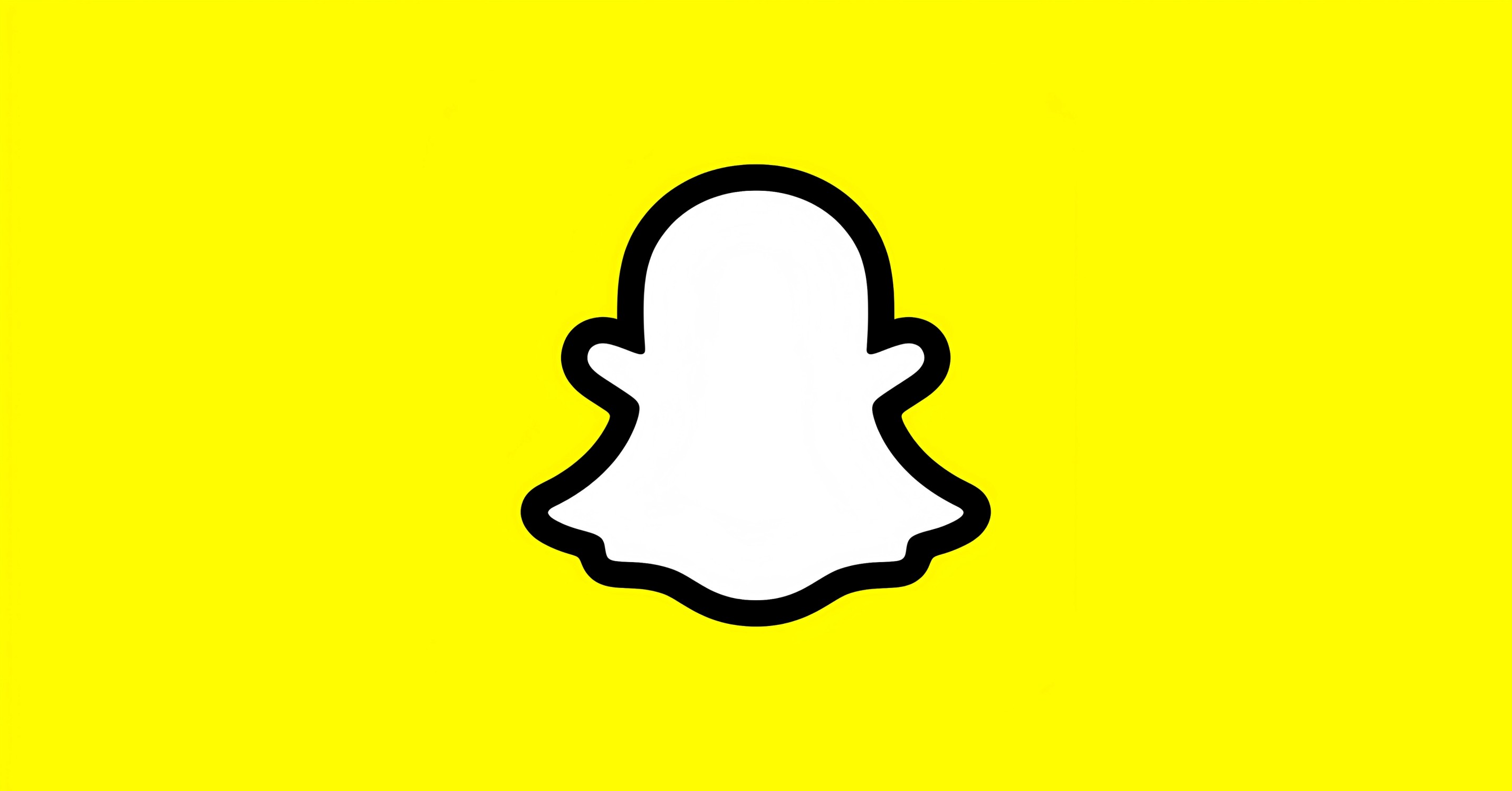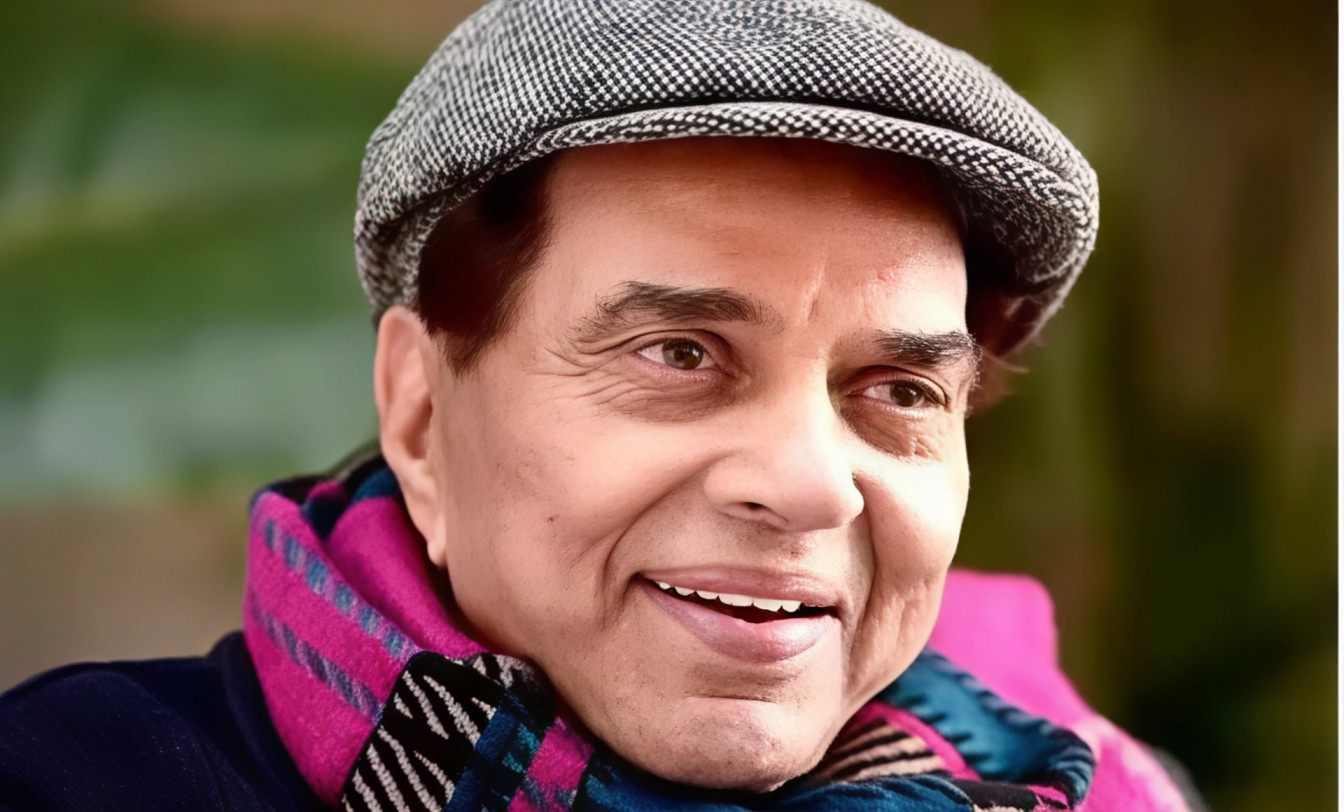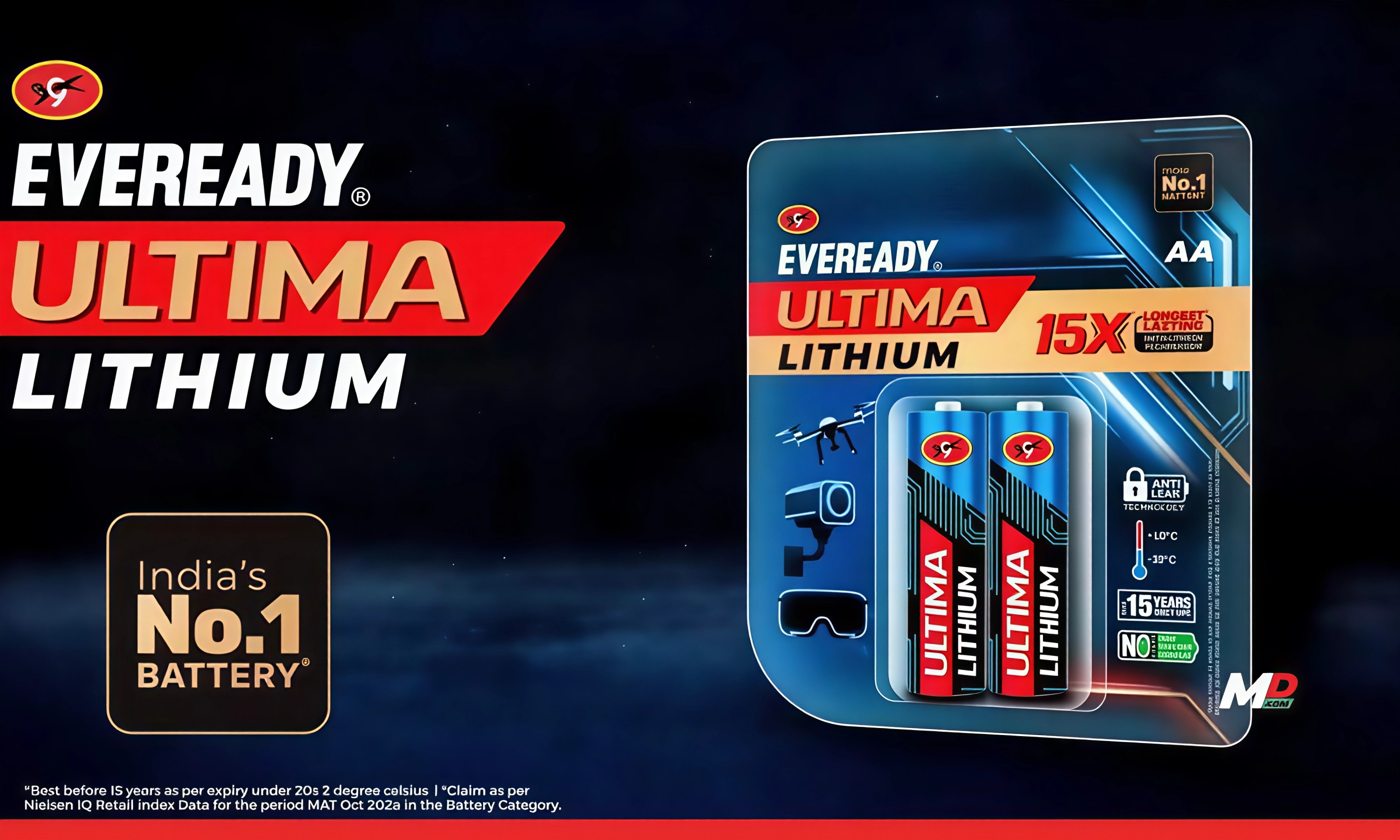Zomato has grown from a simple digital menu directory to one of the world’s leading food tech companies. Founded by Deepinder Goyal and Pankaj Chaddah in 2008, the platform initially began as Foodiebay, allowing users to browse restaurant menus online. What started as a response to colleagues demanding printed menus quickly evolved into a platform that reshaped how people discover and order food.
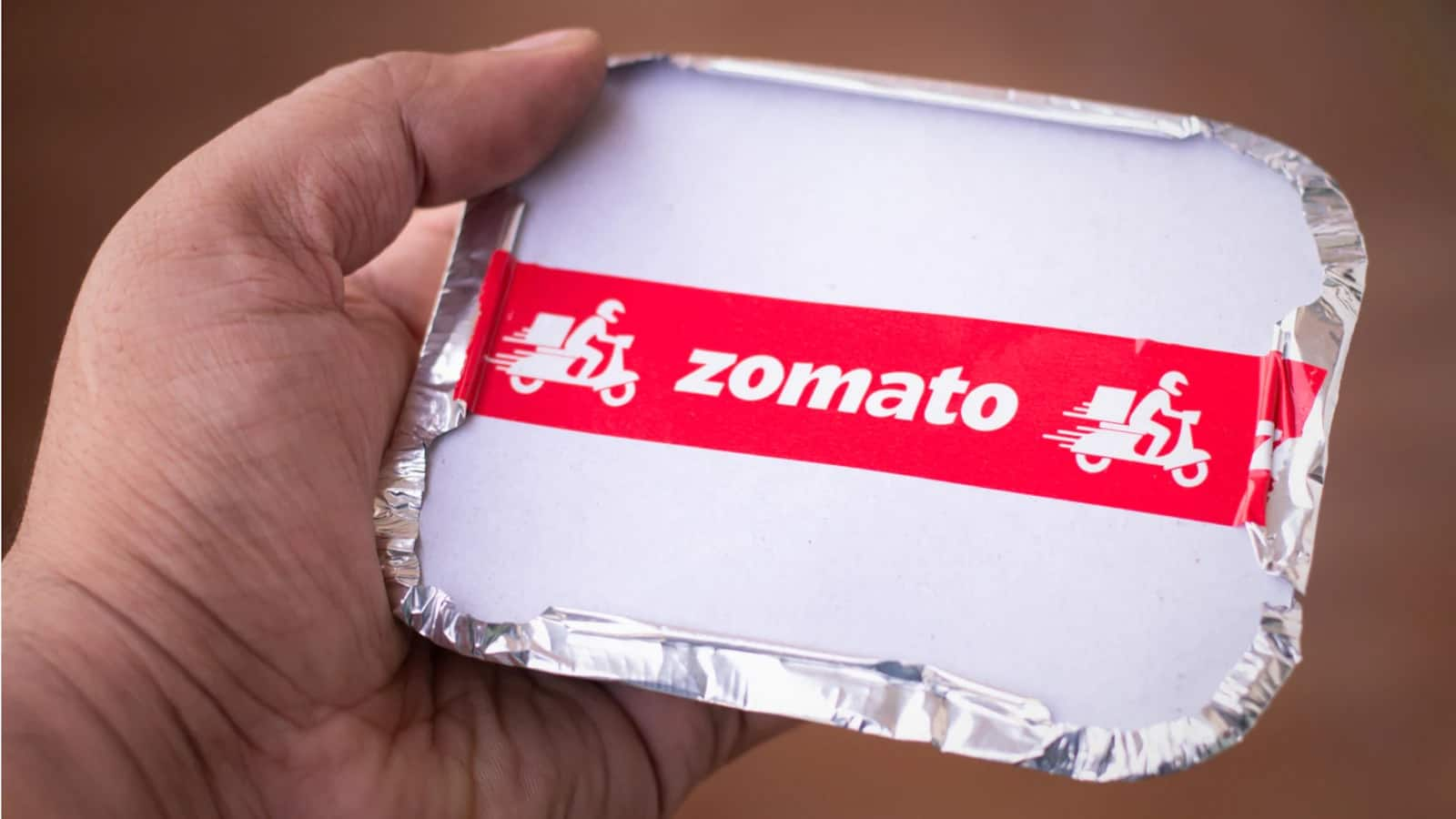
Today, Zomato operates in over 10,000 cities across 24 countries, including India, the United States, Australia, Brazil, Singapore, and regions in the Middle East. It offers services like restaurant search, online food delivery, loyalty programs, digital advertising, and even live events. With each of these offerings, Zomato has continued to build an integrated ecosystem that supports both consumers and restaurant partners.

The app is designed to be simple and intuitive. Users can explore nearby restaurants, browse menus, place orders, pay digitally, and track their deliveries in real time. After the meal, Zomato encourages feedback through its ratings and review system, helping others make informed choices.
Over the years, the company expanded its services beyond food delivery. Initiatives like Hyperpure focus on sourcing high quality ingredients directly from farmers and supplying them to partner restaurants. Subscription products like Zomato Gold provide users with access to dining deals and exclusive experiences, while also offering restaurants better visibility and loyalty from diners.
ADVERTISEMENT

Zomato’s revenue model is as diverse as its services. Advertising forms a significant part of its earnings, with restaurants paying to boost their presence on the platform. The delivery business contributes through commissions charged per order. Restaurants also pay monthly subscription fees for tools that offer insights into customer behavior and help them craft better strategies.
Zomato has ventured into experiential marketing through Zomaland, its food and entertainment carnival. These ticketed events offer live music, performances, and curated dining options, creating a deeper cultural connection with the brand. Additionally, Zomato Whitelabel offers restaurant partners customized apps and operational support, helping them scale digitally.
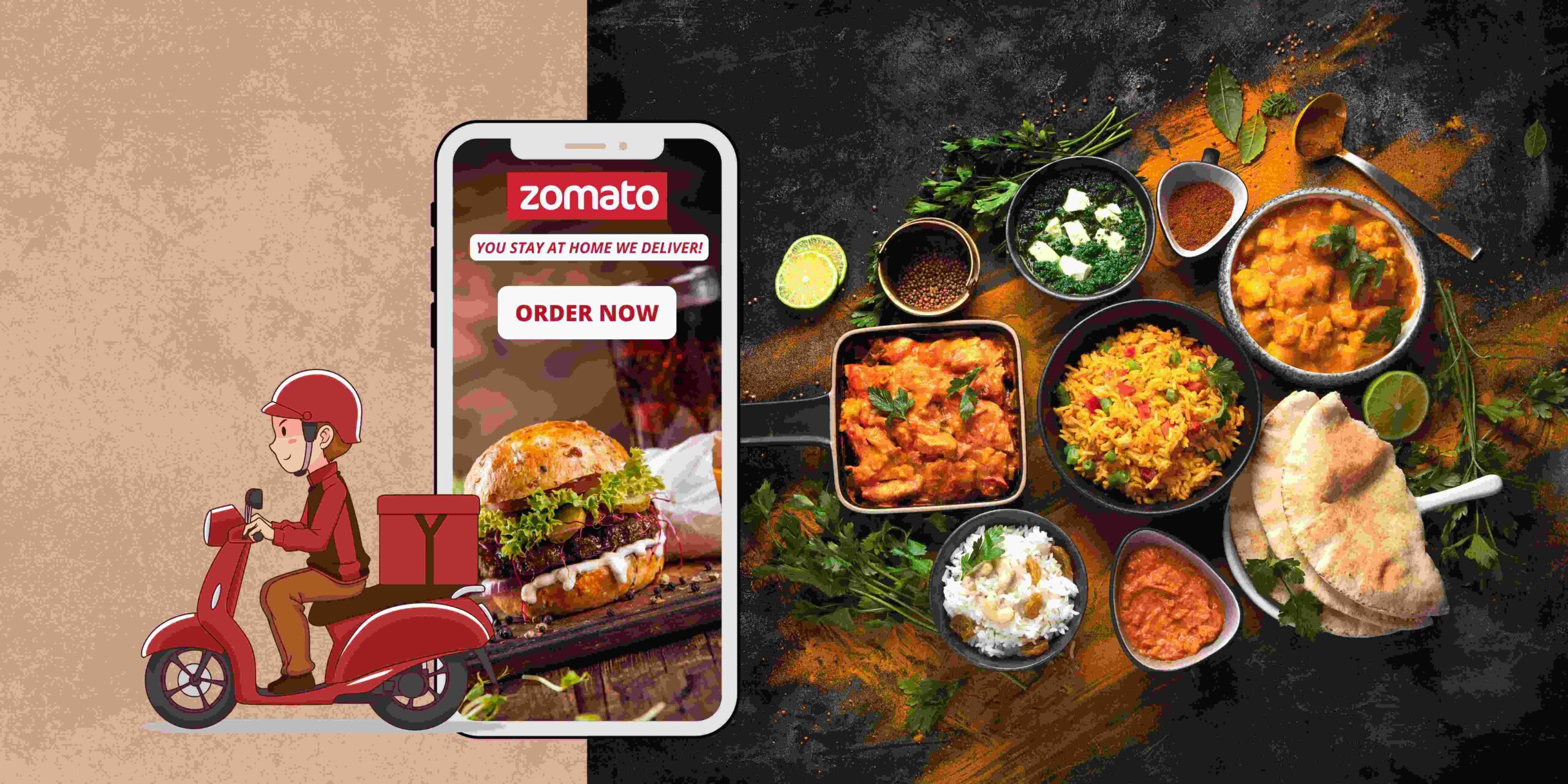
With over 80 million monthly users, Zomato is a data powerhouse. It gathers insights on user behavior, restaurant performance, and market trends, which it shares with partners for a fee. The platform also supports entrepreneurs by helping them set up Zomato affiliated kitchens, offering infrastructural backing and potential returns for investors.
Financially, Zomato posted a profit of 351 crore rupees in FY24, a significant turnaround from the previous year’s losses. Operating revenue grew by over 70 percent, driven by stronger advertising revenue, an expanding delivery network, and increased customer engagement.
Zomato has proven that food delivery is just one part of the equation. By blending technology, logistics, content, and community, it has created a business that continues to redefine what a food platform can be. With an eye on global markets and a commitment to innovation, Zomato is no longer just a food delivery app. It is a full fledged ecosystem that connects people with food in meaningful, sustainable, and profitable ways.
ADVERTISEMENT
For more insights like this, follow Marketing Moves on Instagram and Facebook.

